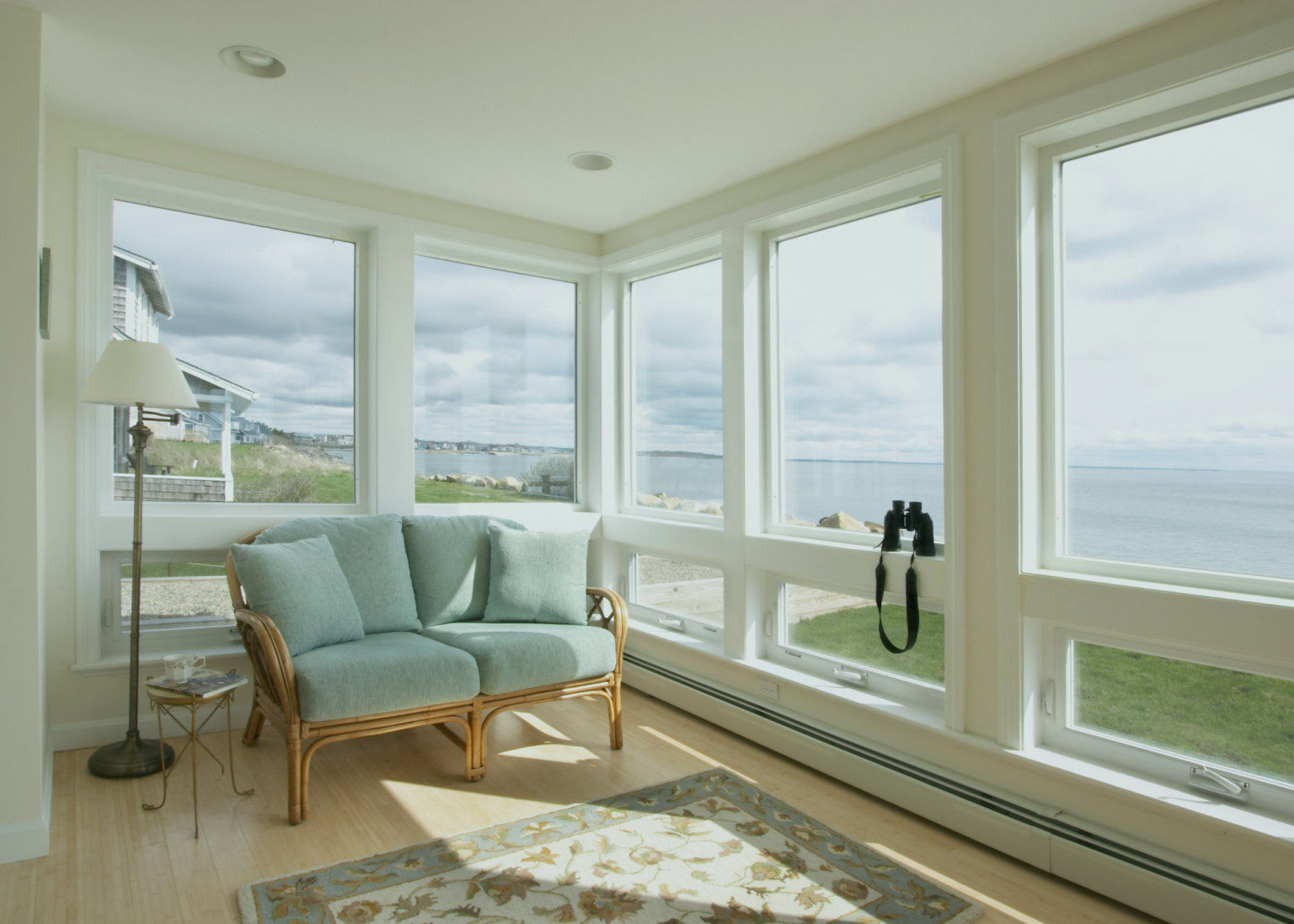Key Takeaways
-
Lenders use 75% of projected rent when calculating qualifying income.
-
Future rental income lowers DTI and makes mortgage approval easier.
-
Buying power increases when rental income offsets housing costs.
-
Investment property mortgage rates are higher than primary residence rates.
Using future rental income to qualify for a mortgage can give real estate investors a major advantage. Buying an investment property can be a smart way to build wealth, but mortgage approval often feels like a hurdle. The good news is that lenders may allow you to use anticipated rental income to help meet debt-to-income (DTI) requirements. This strategy can strengthen your application, expand your buying power, and increase your chances of securing financing.
What Is Future Rental Income?
Future rental income is the rent you expect to collect from tenants after purchasing an investment property. Lenders may allow a portion of this expected income to count toward your mortgage qualification. By offsetting your monthly housing costs with projected rent, you improve your DTI ratio and make your financial profile more attractive.
Why Future Rental Income Matters for Investors
Using rental income to qualify offers two key benefits:
| Benefit | Impact for Investors |
| Lower DTI Ratio | Expected rent offsets part of your mortgage payment, making your finances look stronger. |
| Greater Buying Power | Qualifying for a larger loan opens up more property options. |
How Lenders Calculate Qualifying Rental Income
Lenders take a conservative approach when determining how much rental income can count toward your application. They typically use 75% of the gross rental income to account for vacancies and maintenance costs.
Here’s how the process works:
- Property Appraisal – An appraiser estimates fair market rent using comparable local rentals.
- Adjustment for Risk – The estimated rent is multiplied by 75% to account for vacancies and expenses.
- Qualifying Income – The final number is the rental income lenders apply to your mortgage application.
Example:
- Appraised monthly rent: $3,000
- Lender’s calculation: $3,000 × 75% = $2,250
- Result: $2,250 counts toward your mortgage qualification and offsets part of your payment.
Using Rental Income From a Departing Residence
If you plan to convert your current home into a rental while buying another property, lenders may also count that income. However, the 75% adjustment still applies, ensuring they account for potential vacancies and costs.
Who Can Use Future Rental Income to Qualify?
Not every borrower can use rental income to qualify. Lenders typically require:
- A current housing expense (mortgage or rent), or
- At least one year of documented property management experience, shown through tax returns, lease agreements, or landlord history.
Without this experience, lenders may limit or exclude future rental income from your application.
Mortgage Rates for Investment Properties
While rental income helps you qualify, keep in mind that mortgage rates for investment properties are usually higher than rates for primary residences. Lenders view investment properties as riskier, so plan your budget accordingly when evaluating potential returns.
Bottom Line
Using future rental income to qualify for a mortgage can be a powerful strategy for real estate investors. By applying the 75% rule, lenders ensure a realistic view of your financial strength while giving you the opportunity to expand your buying power. Whether you’re converting your current home into a rental or purchasing a new investment property, understanding how projected rental income works can help you prepare a stronger application. With the right approach, you can leverage rental income to meet lender requirements, secure financing, and take the next step toward building long-term wealth through real estate.
FAQs About Future Rental Income For Your Mortgage Qualification
No SSN required. Zero impact to credit. Your Information is never sold.



